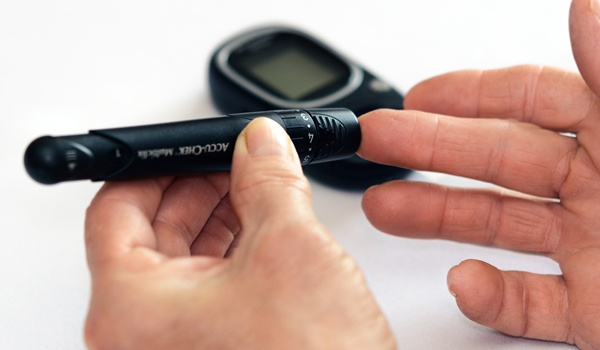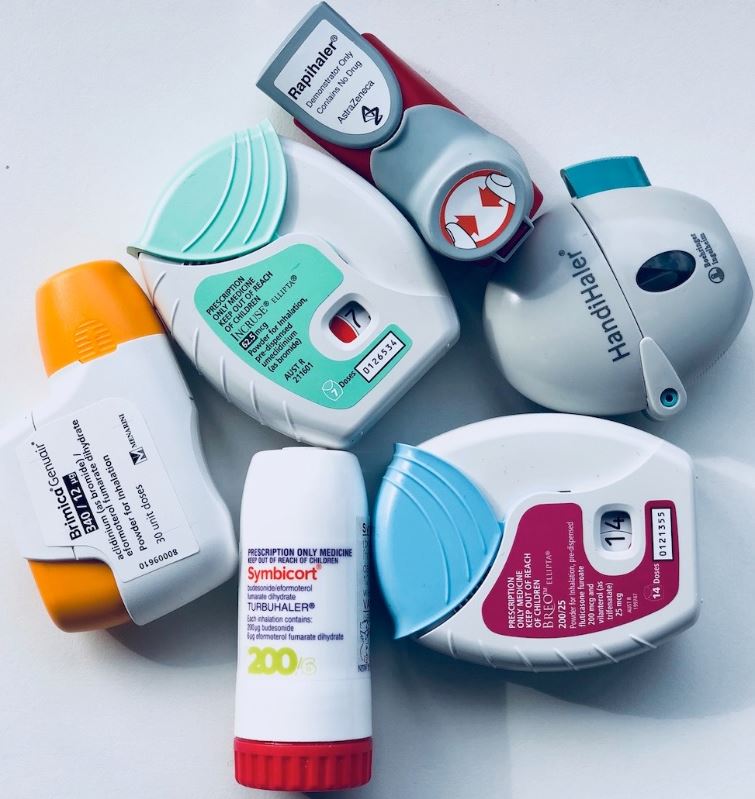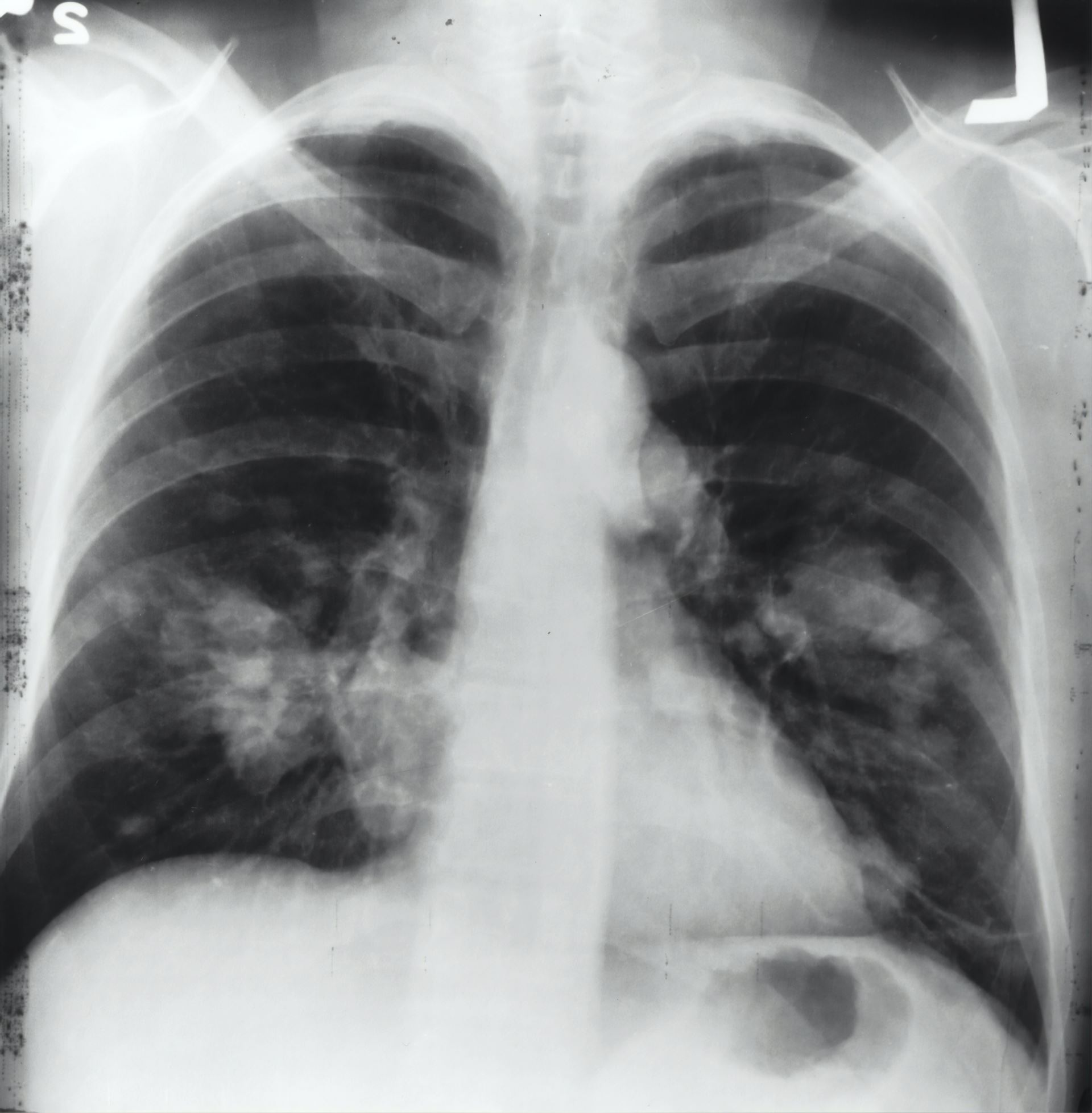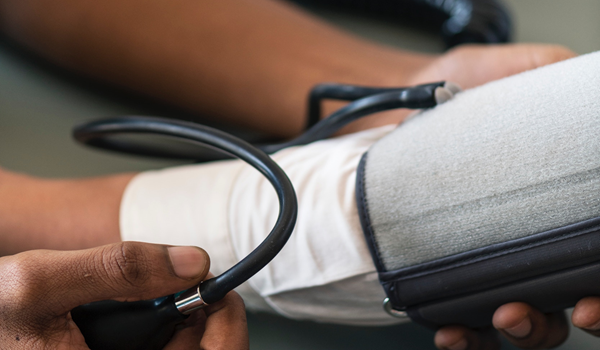Clinics We Offer

Coronary Heart Disease Clinic
The aim of this clinic is to detect any changes that may affect a patient’s health, so that the correct treatment can be provided, ideally at an early stage.
Some of the illnesses monitored include heart attacks, angina, strokes, palpitations (irregular heart rhythms) and left ventricular failure.
Patients are seen yearly in the month of their birth.
Monitoring includes:
- Yearly weight & urine check
- Taking ECGs
- Blood pressure/pulse check
- Discussion on diet and exercise
- Smoking/Alcohol levels
- Discuss any patient concerns
- Annual Blood Test

Diabetes Clinic
Annual
We have two nurses trained in the care of patients with diabetes, Rebecca Walker and Emily Pettett, Rebecca has completed the ENB 928 course and is trained to initiate insulin therapy in general practice.
The clinic nurses are able to diagnose, plan treatment and monitor patients with Type I and Type II diabetes, and also diagnose and monitor patients with 'pre-diabetes'. A care-plan is agreed with the GP.
Stable patients are usually seen twice yearly (unless otherwise agreed). This involves an annual appointment with a Health Care Assistant, in the month of the patient's birthday.
Monitoring includes:
- Yearly weight & urine check
- Foot Checks
- Blood pressure/pulse check
- Discussion on diet and exercise
- Smoking/Alcohol levels
- Discuss any patient concerns
- Annual Blood Test
This is followed up with a Face to Face appointment or Telephone review with the Diabetic Nurse.
Follow up
- blood test
The Diabetic Nurse will review your blood test results, and will be in touch with you either by phone or SMS message.
Appointments for diabetic clinic are usually booked in advance via Reception on 01271 329004.
Housebound patients are seen by the OPIC and their care shared with the GP or Rebecca. If necessary patients care is shared by specialists at the hospital. The nurses are constantly updating to provide up to date evidence-based care, attending regular courses for diabetes and diabetes related care.
For more information on starting a low carb diet please click here.
For more infomation on sex, contraception and pregnancy for women with Type 1 and Type 2 diabetes please click here.

Asthma
Asthma is a common condition affecting the small airways which allow air to flow in and out of the lungs. The airways are inflamed and irritable, they can narrow easily in response to various stimuli, causing symptoms such as wheeze, shortness of breath, cough or chest tightness.
Without the correct medication these symptoms can become disabling, frightening and even life threatening. Treatments prescribed are in accordance of the British Thoracic Society Guidelines/ Scottish Intercollegiate Guidelines Network.
The aim of the asthma clinic is to enable patients to take control of their asthma symptoms in order to lead a normal and healthy lifestyle. The nurses along with your GP take an active role in the diagnosis of asthma, monitoring of symptoms, treatment options and using inhaler devises.
Patients are taught how to recognise and treat symptoms of deteriorating asthma, as well as what to do in an emergency. Patients are also taught how to recognise asthma triggers, and how to respond to triggers such as the common cold.
In addition to these clinics a respiratory nurse is available everyday (except during annual leave) for telephone advice.
It is important that you are seen Annually, you will be invited to book an appoinment in the month of your birth. Please bring along your asthma medication and your peak flow diary. To print a peak flow diary please click here.

COPD Clinic
COPD (Chronic Obstructive Pulmonary Disease) is an umbrella term for a collection of chronic diseases which affect the small airways of the lung, where airflow is obstructed and not fully reversible. These conditions include chronic asthma, emphysema and chronic bronchitis.
The respiratory nurse and your GP provide a service for diagnosing COPD, they provide support and advice on reducing risk factors such as smoking and managing the condition with medication, breathing techniques, exercise, diet, treating infections and sputum clearance.
Many patients with COPD are given long term oxygen therapy at home. These patients are usually managed by the hospital respiratory consultants and specialist nurses. However the clinic nurses here will still be available to support these patients. They can provide information on what to expect at a hospital visit, telephone support and advice to benefits which may be available.
Influenza and Pneumococcal vaccinations are recommended to patients with COPD. Medication is tailored to meet the needs of the individual patient and may include inhalers, oral medication, nebulisers or oxygen therapy. Treatment follows the British Thoracic Society Guidelines.
Information can be provided about benefits which may be available for some patients with COPD.
In addition to these clinics a respiratory nurse is available everyday (except during annual leave) for telephone advice.
It is important that you are seen annually, you will be invited to book an appointment in the month of your birth.

Hypertension Clinic
If you are on medication for your blood pressure you will need to attend the hypertension clinic annually in the month of your birth.
You will be seen by one of our Trainee Nurse Associates or Health Care Assistants who run our Hypertension Clinic.
Monitoring includes:
- Yearly weight & urine check
- Blood pressure/pulse check
- Discussion on diet and exercise
- Smoking/Alcohol levels
- Discuss any patient concerns
- Annual Blood Test
If your Blood Pressure is stable a message will be sent to our Pharmacist to update your medication, however if your blood pressure is out of range you will be asked to take Home Blood Pressure Readings, this would then be followed up by your GP.

Well Woman Clinic
We have three nurses and three GPs trained in women's health who are passionate about promoting great sexual and reproductive health for our patients.
Desri Dyer holds the Marie Curie breast and cervical cytology certificate, ENB 321 fertility and fertility control, ENB232 family planning in practice.
Olivia Domoney holds the College of Sexual and Reproductive Health Diploma, BSc in Sexual Health and has a background of working in contraception and sexual health services.
Teresa Sturm has completed her Cervical Screening training and runs a weekly cervical screening (smear) clinic on a Wednesday.
The clinic is supported by Dr Suzanne Smit, Dr Louise Bond and Dr Clare Hollister who have a specialist interest in Woman's Health and hold specialist qualifications in Reproductive and Sexual Health.
Our 'Well Woman clinic' team attend cervical screening update courses every three years. Our cervical screening clinics run on Mondays, Wednesdays and Thursdays with morning and evening appointments available to fit in before or after the working day.
We offer appointments for cervical screening, contraception, repeat prescriptions of HRT (alternating with the patient's GP), IUS/IUD (coil) device fitting, removal and checking, contraceptive implant removals and fitting, changing of ring pessaries, emergency contraception, testing for infections (STI's) and general advice.
You can find out about the different methods of contraception available on the NHS, together with where to get them and how to decide which method might work best for you. Your contraception guide
For important infomation on sex, contraception and pregnancy for women with Type 1 and Type 2 diabetes please click here.
Opening Times
|
Day |
Nurse |
Doctor |
|
Monday |
8.30am to 6.00pm |
8.30am to 11.00am |
|
Tuesday |
|
9.45am to 2.00pm (once a month) |
|
Wednesday |
9.00am to 12.00pm |
12.00pm to 3.15pm |
|
Thursday |
8.30am to 12.30pm |
|

Children's Immunisation Clinic
We run a child immunisation clinic on a Tuesday morning (09:00 - 12:00) and Thursday afternoon (14:00 - 17:00) by appointment only. The practice follows the national guidelines for all vaccinations. When a child is registered at the practice they will automatically be invited for vaccinations when they are due.
If you have recently moved to the area please let us know your child's previous immunisation history so we can add these to their medical records.
Please bring your child's red immunisation book when you come in for the vaccinations.
For a checklist of the vaccines that are routinely offered to children in the UK for free on the NHS, and the age at which you should ideally have them please click here.

Flu Vaccination Clinic
All eligible patients will be contacted via text message or letter with details on how to book your annual vaccination appointment. There is no need to contact the surgery about your flu vaccination, as we will contact all eligible patients nearer the time.
People who should have a flu vaccine
The injected flu vaccine is offered free of charge on the NHS to people who are at risk. This is to help protect them against catching flu and developing serious complications.
From 1 September 2025 the following patients should have a Flu vaccine:
- pregnant women
- all children aged 2 or 3 years on 31 August 2025
- primary school aged children (from Reception to Year 6)
- secondary school aged children (from Year 7 to Year 11)
- all children in clinical risk groups aged from 6 months to less than 18 years
From October 2025 the following patients should have a Flu vaccine:
- those aged 65 years and over
- those aged 18 years to under 65 years in clinical risk groups
- those in long-stay residential care homes
- carers in receipt of carer’s allowance, or those who are the main carer of an elderly or disabled person
- close contacts of immunocompromised individuals
Frontline health and social care workers are also eligible to receive the flu vaccine. It's your employer's responsibility to arrange and pay for this vaccine.
For more information on the free NHS vaccination please visit www.nhs.uk
To vaccinate or not to vaccinate? This question raises a great deal of discussion. To find out what a group of international scientists and experts of the immune system have to say about it, take a look at this short and informative animated video https://www.youtube.com/watch?v=mRyDSqlnaBY
Page created: 27 January 2023